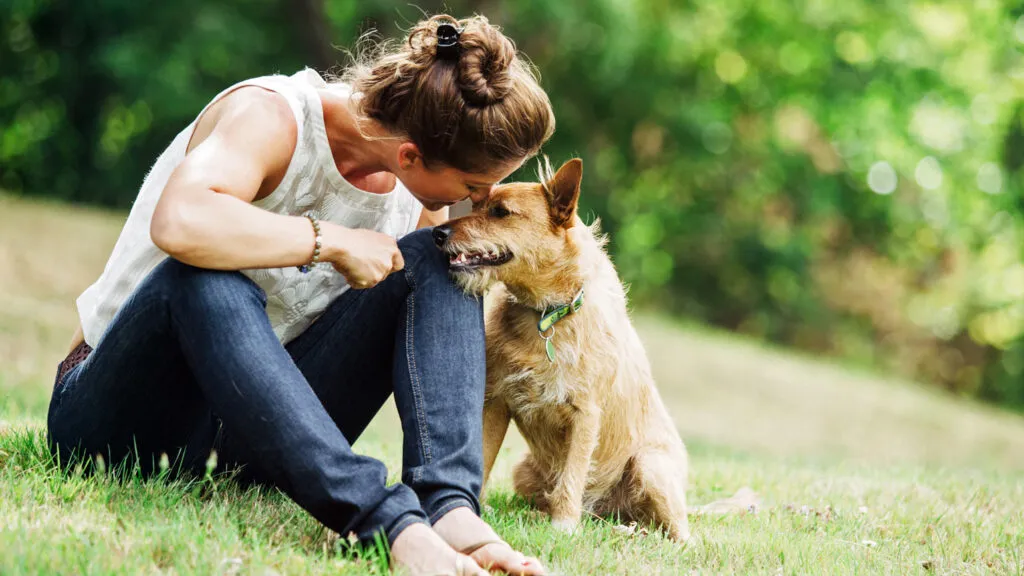Six days after losing our golden retriever, Brooks, I stood in the church lobby after Sunday’s service, and the tears started to flow, right there in front of everyone. Some people stopped to ask me what was wrong, then patted my shoulder and walked on by. It felt like they were thinking, “What’s wrong with you? It’s just a dog.” But I knew my loss was important, and my pain was very real.
God blesses us with animals to share our lives. When you love a pet, you experience a strong bond, and grieving for a lost pet is normal. While it’s not realistic to “just get over” the loss of a pet, there are some ways to help you through the difficult times.
1. Understand it’s okay to grieve
You may feel embarrassed to admit how much you are hurting. People may offer “helpful” suggestions of when and how to grieve. Your pet was a part of your family. He ate with you, played with you, slept with you, maybe even went on vacation with you. It is natural to feel his loss deeply. When we lost our Brooks to cancer, I was shocked at the intensity of my grief, the actual ache in my heart. My husband understood. He said, “It only hurts so much because what you had together was so good.” Allow yourself to grieve those good moments and grieve for your friend, just as you would anyone else who was dear to you.
2. Consider a tribute or memorial
At the end of December every year, our veterinarian holds a special service for all the pets that passed away that year. Luminaries light the driveway. The veterinarian’s waiting room is dark and reverent. One of the vets reads the beautiful children’s book about pet loss, Dog Heaven by Cynthia Rylant. A big screen projects a slide show of the cats and dogs, while pet parents stand up and share remembrances. When we leave, hearts are lighter.
A memorial can be anything that is meaningful to you. Hold a funeral. Read a poem– many pet parents find comfort in a popular poem, The Rainbow Bridge. Light a candle. My children found meaning in writing a message on a balloon and releasing it to heaven. Writing a letter to a dog in heaven helped a young girl who missed her dog (and she got a touching, surprise response, too.).
3. Remember the good times
After one of our dogs passed, I kept focusing on the last months of his life—how he could barely walk, how much pain he’d experienced. I couldn’t get past those sad images. One night my husband got out an old home video of our dog when he was young and healthy. I watched a strong, active yellow pup run through the woods, fetch a stick, and dive off the end of a dock. His life was more than his disease. He’d had a good life. My guilt and sorrow healed that night.
4. Create a meaningful tribute
Making a special tribute helps create a lasting memory. Plant a tree or perennial flowers in your garden. Frame a favorite picture. We framed a collage with a photo, a lock of fur, dog tags, and a paw print. At holiday time, design a special ornament with your dog’s photo to hang on your Christmas tree.
5. Give extra love to your other pets
If you have other pets at home, they may be missing their companion as well. Although animals don’t grieve in exactly the same way as people grieve, your pet may seem sad, lonely or confused. Keep your pet’s routine as normal as possible. Providing extra walks or play time, if able, is always a good idea. Spending time relaxing and snuggling together can help you both.
God cares about animals, just as he cares about all His creation. Are not two sparrows sold for a cent? And yet not one of them will fall to the ground apart from your Father. (Matthew 10:29) Knowing that your loving Father cares about your pet, you can trust that His plan for your pet is perfect.





